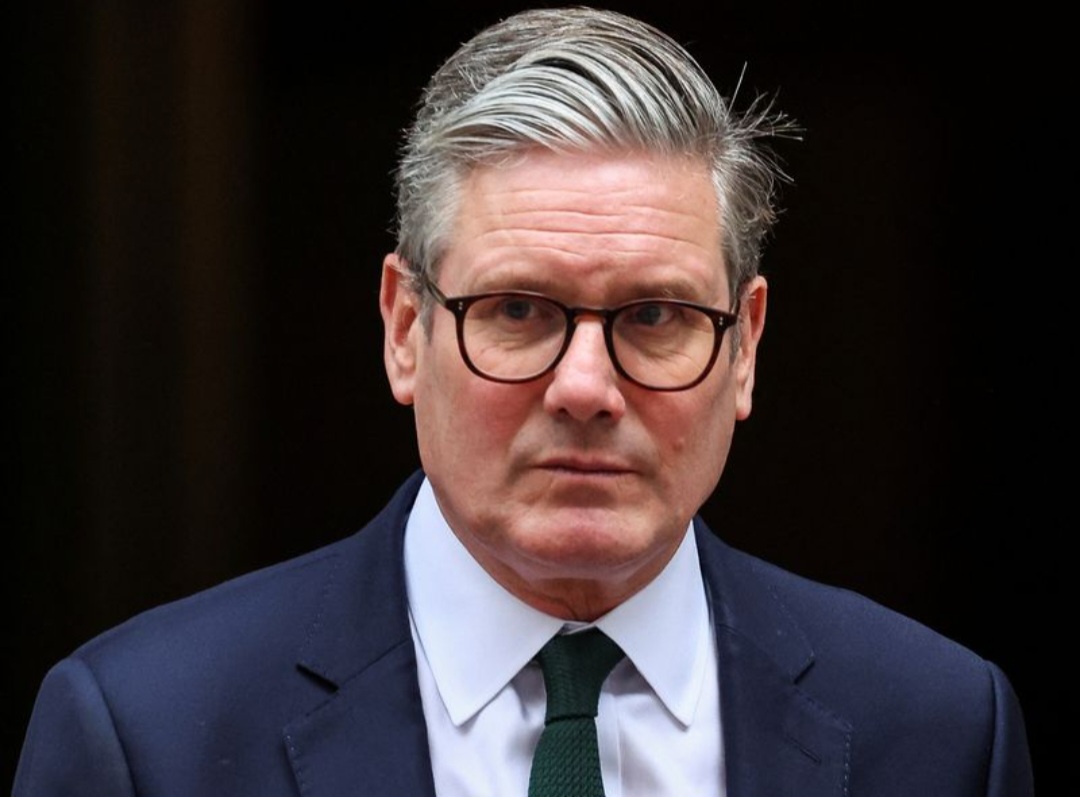
Keir Starmer’s latest policy idea has been called foolish and out of touch by critics. Labour plans to introduce an Elections Bill in 2025 to lower the voting age to 16, despite the country facing major issues like a struggling economy, rising small boat crossings, and growing international threats.
Critics, especially Conservatives, argue that this move is a ploy to gain votes from younger people who tend to lean left. While Starmer defends the idea by saying 16-year-olds pay taxes, can work, and even join the Armed Forces, his reasoning has been widely questioned.
For example, although young people can enlist in the Army, they aren’t allowed to serve in combat. Critics say that if 16-year-olds are mature enough to vote for a government that might lead the country to war, they should also be considered old enough to fight on the front line. But Starmer doesn’t propose that, acknowledging that 16-year-olds are still considered children in many respects.
The legal age for adulthood has been 18 since 1970. If Labour believes today’s teenagers are more mature and wants to lower the voting age, some argue it should be consistent.
This would mean allowing 16-year-olds to drink, get tattoos, marry without parental consent, take on debt, and even face adult punishment in the justice system. However, the government hasn’t proposed these changes, instead pushing measures like banning smoking for those born after January 1, 2009, to protect young people.
Advocates for lowering the voting age, like Shaun Roberts from Unlock Democracy, argue that 16-year-olds can handle voting, pointing to their involvement in petitions, campaigns, and political discussions online. But critics question whether this would translate to higher voter turnout, as under-25s already have low participation rates.
Some suggest Labour’s push for younger voters is politically motivated, as this age group overwhelmingly supports the party. However, this strategy could backfire. Starmer’s approval ratings have been poor, and parties like Reform UK, led by Nigel Farage, are gaining popularity among young people.
In the end, while Labour argues this change reflects modern values, many believe it risks undermining the consistency of when childhood ends and adulthood begins. Critics insist this debate is more about political gain than genuinely empowering young people.




